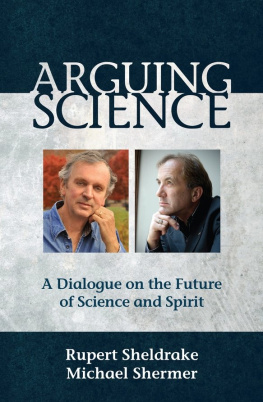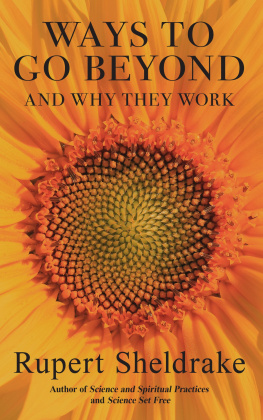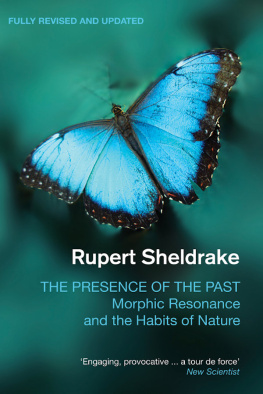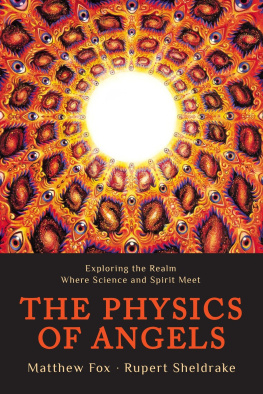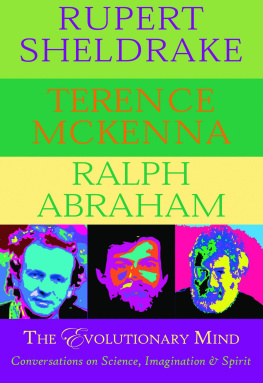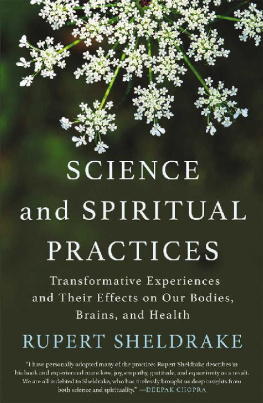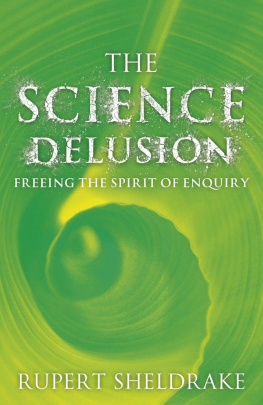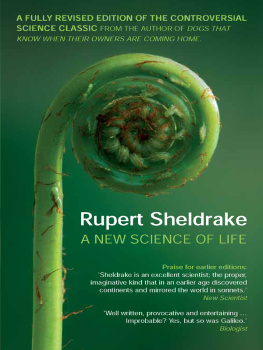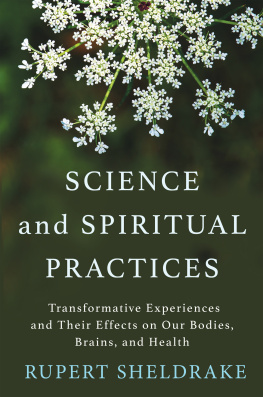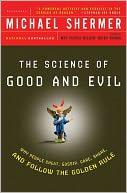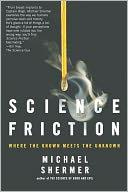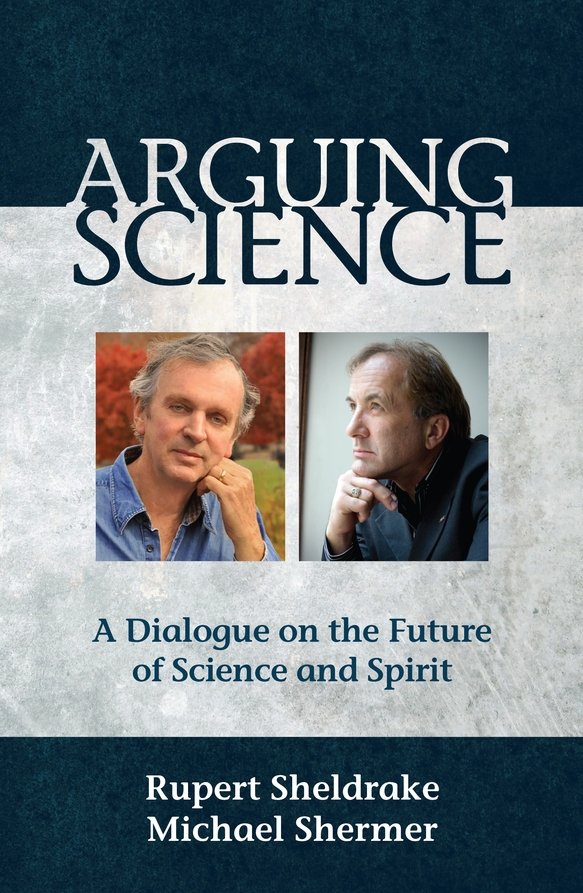Rupert Sheldrake - Arguing Science: A Dialogue on the Future of Science and Spirit
Here you can read online Rupert Sheldrake - Arguing Science: A Dialogue on the Future of Science and Spirit full text of the book (entire story) in english for free. Download pdf and epub, get meaning, cover and reviews about this ebook. year: 2016, publisher: Monkfish Book Publishing, genre: Religion. Description of the work, (preface) as well as reviews are available. Best literature library LitArk.com created for fans of good reading and offers a wide selection of genres:
Romance novel
Science fiction
Adventure
Detective
Science
History
Home and family
Prose
Art
Politics
Computer
Non-fiction
Religion
Business
Children
Humor
Choose a favorite category and find really read worthwhile books. Enjoy immersion in the world of imagination, feel the emotions of the characters or learn something new for yourself, make an fascinating discovery.
- Book:Arguing Science: A Dialogue on the Future of Science and Spirit
- Author:
- Publisher:Monkfish Book Publishing
- Genre:
- Year:2016
- Rating:3 / 5
- Favourites:Add to favourites
- Your mark:
Arguing Science: A Dialogue on the Future of Science and Spirit: summary, description and annotation
We offer to read an annotation, description, summary or preface (depends on what the author of the book "Arguing Science: A Dialogue on the Future of Science and Spirit" wrote himself). If you haven't found the necessary information about the book — write in the comments, we will try to find it.
Two controversial authors debate the nature and methods of science, its dogmas, and its future. Rupert Sheldrake argues that science needs to free itself from materialist dogma while Michael Shermer contends that science, properly conceived, is a materialistic enterprise; for science to look beyond materialist explanations is to betray science and engage in superstition. Issues discussed include: materialism and its role in science, whether belief in God is compatible with a scientific perspective, and parapsychology.
Michael Shermer is Editor-in-Chief of Skeptic magazine and the author of numerous books including Skeptic.
Rupert Sheldrake is a biologist and author of ten books including his most recent, Science Set Free, which challenges scientific dogma.
Rupert Sheldrake: author's other books
Who wrote Arguing Science: A Dialogue on the Future of Science and Spirit? Find out the surname, the name of the author of the book and a list of all author's works by series.

